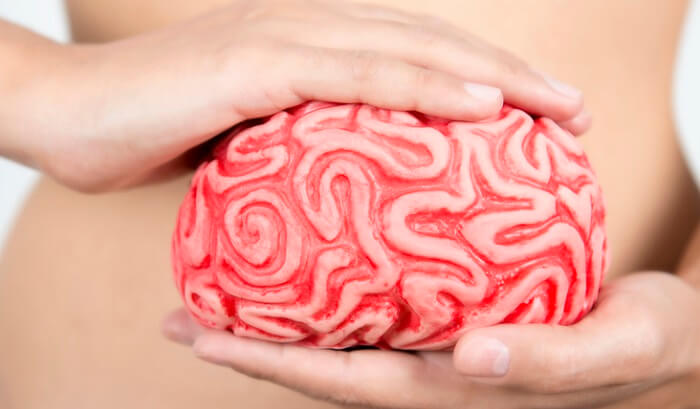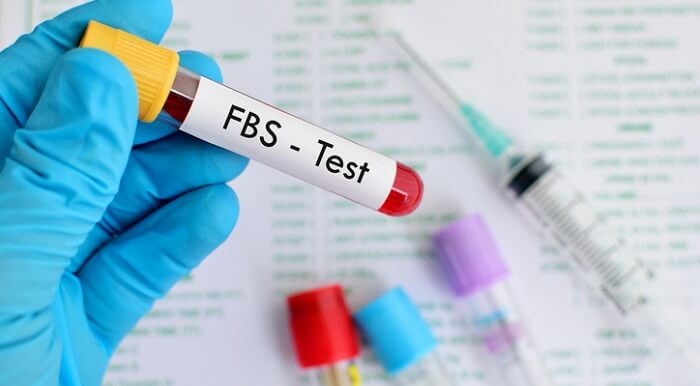Though its existence isn’t a recent discovery, the blood-brain barrier has been a hot health topic in the last few years, mainly due to the rise of cell phone and Wi-Fi technology. In 2003, a study led by Dr. Leif Salford found that mobile devices caused leakage in the blood-brain barrier of exposed rats, leading to significant neuronal damage.1 While there aren’t similar conclusive studies on humans, other studies suggest that Wi-Fi and cell phone radiation effect the BBB negatively.
BBB function and issues
The blood-brain barrier (BBB) separates circulating blood from the brain. This barrier is made up of a semipermeable membrane that allows certain molecules that are essential to brain function to pass through, while blocking the entry of neurotoxins and other substances that are damaging to the brain.
A compromised blood-brain barrier is known as “leaky brain,” because certain substances in the body that were blocked before can now cross over into the brain. A number of health problems are associated with leaky brain, including chronic fatigue, depression, brain fog, and neurodegenerative diseases.2 3 4
The blood-brain barrier and gut health

To be fair, cell phone and Wi-Fi are not the only culprits to blame for leaky brain. The brain has a direct relationship to your gut, which means that things like poor diet and lack of healthy bacteria in the stomach can also contribute to degeneration of the blood-brain barrier.
A 2014 medical study found that mice that didn’t have bacteria in their intestines showed significantly compromised blood-brain barriers. However, when these same mice were injected with stomach bacteria from a healthy mouse, their blood-brain barriers showed marked improvement.5 So the good news is that the blood-brain barrier has the potential to be restored.
Symptoms and tests
Headaches are one common sign that you have leaky brain, which makes sense because a compromised BBB causes inflammation in the brain. Memory loss and fatigue that doesn’t go away, even with sleep or rest, is also a sign of leaky brain.

If you feel like you may have a leaky brain, seek out a qualified practitioner that has experience in this area of health. Lab tests can assess the health of your blood-brain barrier. These tests include:
- Blood-Brain Barrier Proteins
- Homocysteine
- Occludin and Zonulin
- Fasting Blood Sugar
- Microbiome
- Other Brain-Aging Tests
Along with information gathered by these tests, a ZYTO bioscan can also reveal key insights regarding your brain and gut. Digital signatures representing brain, digestive, and associated biomarkers can be scanned to help your practitioner ask better questions, pinpoint areas that may need support, and customize a nutritional plan if needed.
Which nutrients cross the blood-brain barrier?
Vitamins, minerals, and water, as well as glucose, fats, and proteins, are all critical nutrients that pass through the blood-brain barrier. Of course, before the brain can use these nutrients, the stomach needs to digest them first. In our next blog post, we’ll discuss some foods and supplements that contain these nutrients, highlight some things you may want to avoid, and discuss a few lifestyle changes that can help you improve and maintain blood-brain barrier health.
 About Seth Morris
About Seth Morris
Seth Morris is an experienced article writer with a background in marketing, Web content creation, and health research. In addition to writing and editing content for the ZYTO website and blog, he has written hundreds of articles for various websites on topics such as holistic wellness, health technology, and Internet marketing. Seth has earned Bachelor’s Degrees in Business Management as well as Literary Studies.
Sources:
1. Salford, L.G., A.E. Brun, et al. “Nerve cell damage in mammalian brain after exposure to microwaves from GSM mobile phones.” Environmental Health Perspectives 111, no. 7 (2003): 881-883.
2. Bested, A.C., P.R. Saunders, & A.C. Logan. “Chronic fatigue syndrome: neurological findings may be related to blood-brain barrier permeability.” Medical Hypotheses 57, no. 2 (2001): 231-237.
3. Gareau, M.G. “Microbiota-gut-brain axis and cognitive function.” Advances in Experimental Medicine and Biology 817 (2014): 357-371.
4. Takeda, S., N. Sato, & R. Morishita. “Systematic inflammation, blood-brain barrier vulnerability and cognitive/non-cognitive symptoms in Alzheimer disease: relevance to pathogenesis and therapy.” Frontiers in Aging Neuroscience 6, no. 171 (2014).
5. Braniste, V., M. Al-Asmakh, et al. “The gut microbiota influences blood-brain barrier permeability in mice.” Science Translational Medicine 6, no. 263 (2014).